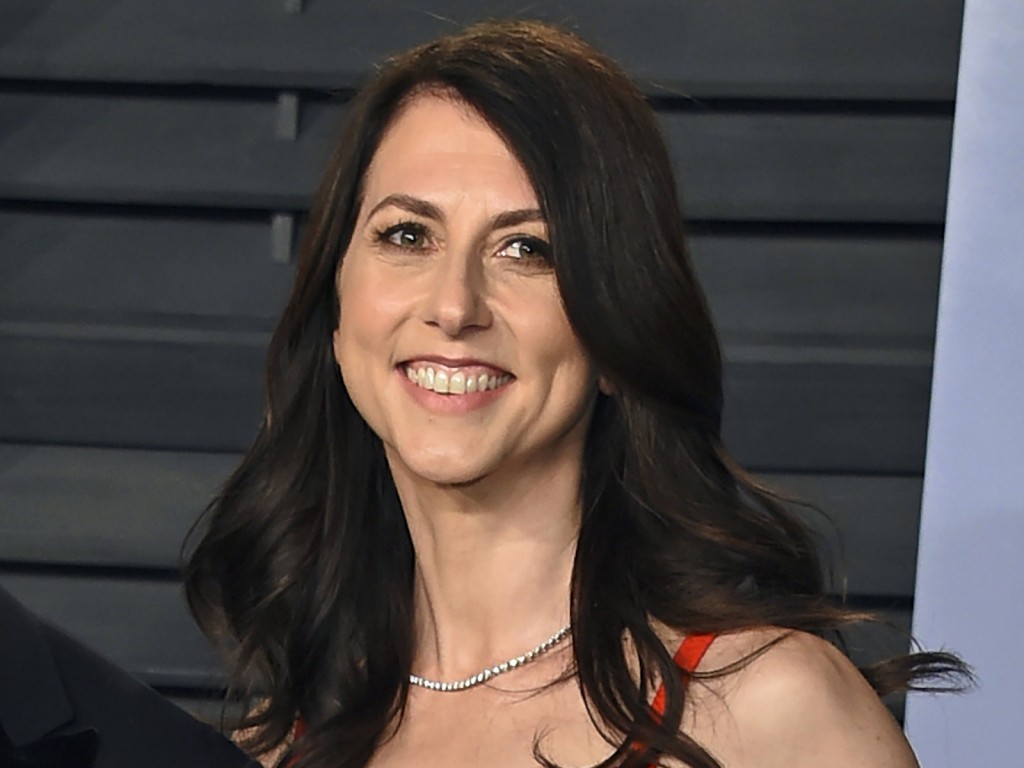Mackenzie Scott’s giving away of $4 bn made news last week, as this was one of the most generous examples of giving by an ultra-rich person, this year. It is admirable that she has given this money away, even though there are very many criticisms of this phenomenon of hi-networth giving.

Her problem is pretty unique to super-rich folk: how to help others, with all the surplus wealth that one has? There have been a few proposals before us, falling broadly into two categories :
- Tax the rich and
- Allow the rich to carry out their philanthropy, as they see fit and encourage them in this direction.
The first idea of taxing the rich doesn’t seem to gain a lot of momentum in the U.S., given that political will to make this happen doesn’t seem to exist. However, a vast majority of Americans think that what they pay are fair share of taxes. Given that we have a progressive system of taxation, at the individual level, there seems to be not much of a problem for the middle class. The poor and those who are struggling to make ends meet are the ones who are most upset about the status quo.
But for the super-wealthy and entrepreneurs and those with avenues to gain tax deductions, there are enormous loopholes through which companies do not pay any taxes, even after making billions of dollars in taxes. This article talks about how little a company like Amazon pays, in taxes (for the past few years, it has paid $0 in taxes). The company has faced a lot of criticism for this reason. Various tax credits and deductions help firms such as Amazon avoid taxes.
Can billions of dollars donated by the super-rich save us? This question is as old as the industrial age (also called the Gilded age), when the newly founded millionaires (billionaires in comparison to our age) such as Andrew Carnegie, Rockefeller, and others tried to answer this question. We have our own Rockefellers and Carnegies in the form of Mackenzie Scott, Bill Gates, and others, who have given away quite a lot of money to worthy causes.
At a time when the American economy has been battered by the pandemic, politicians, intellectuals are questioning why the current system persists, especially when we are fighting over something as basic as a $600 relief check for Americans.
The second approach of the wealthy giving away their wealth is a somewhat recent phenomenon, that has emerged in the past decade or two.
The Giving Pledge is an example of a modern version of how the super-rich have tried to rationalize their wealth and reach an agreement with themselves and others: the compact that giving one’s wealth away is one way to deal with the problem our societies have created: excessive wealth in a few hands.
Carnegie’s Gospel of Wealth is one of the older documents in this regard that tried to address this specific problem.
What is the right answer to the problem of wealth transfer from the super-rich to the super-poor? That answer depends on the society that we have and how people feel about the obligations and rights that we have, as individuals towards each other, and the government’s role in regulating these obligations and rights. This ‘social contract’ may need revision, as we come out of the covid-19 pandemic, with deep questions being asked about the nature of our relationship to each other, to the state, and to our communities – far and wide.
This act may need a renewed imagination and a willingness to debate and dialogue with people with who we vehemently disagree.
